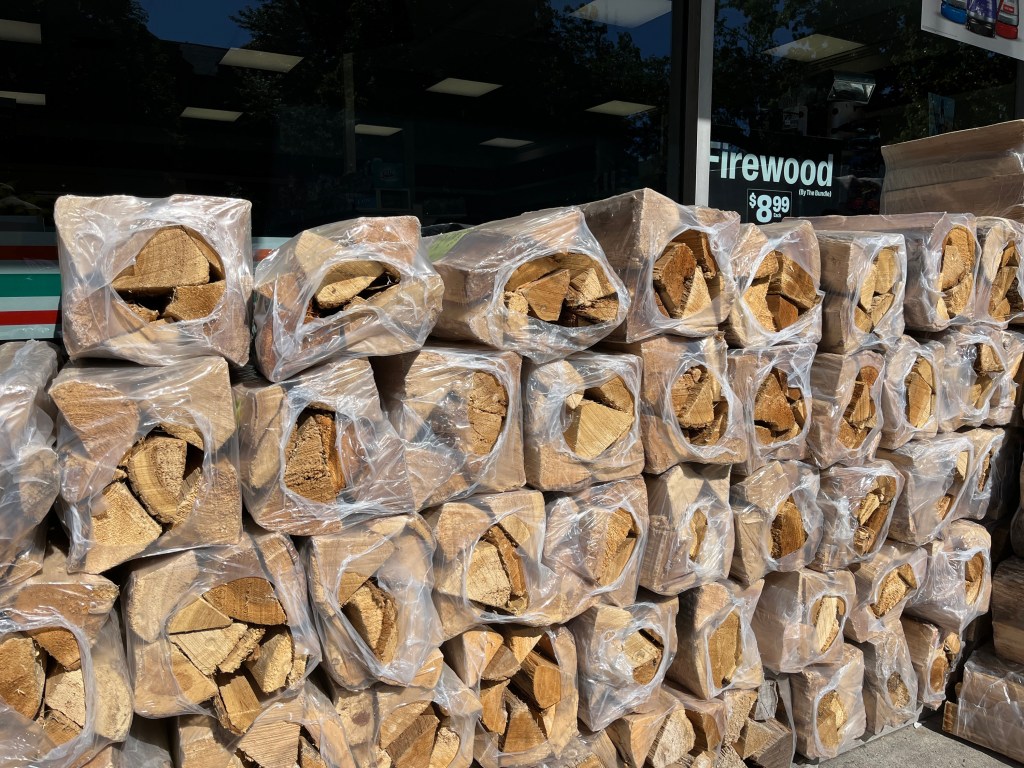When your camping trip is over and you have some leftover firewood, you might be tempted to bring it home to use in your fireplace or backyard fire pit.
“Please don't,” says Spencer Campbell, manager of the Morton Arboretum Plant Clinic in Lisle, “and leave your firewood where you got it so destructive tree pests don't invade your neighborhood.”
Transporting firewood from one place to another is a major way for new insects and diseases to spread. Insect eggs and larvae, as well as disease-causing spores and bacteria, can be lurking in every nook and cranny of a log. When you transport logs from one place to another, you are transporting them all along with it.
Thus, a highly destructive ash pest spread across two-thirds of the United States and is thought to have killed tens of millions of ash trees, with eggs and larvae traveling along interstates in firewood.
The dangers to trees from transported firewood are so great that a coalition of government agencies, including the U.S. Department of Agriculture, is running a national public service campaign to spread the warning, and the dontmovefirewood.org website can give you advice on where to get firewood and the rules and regulations in your area.
Insects, larvae, eggs, and disease-carrying microorganisms are hard to find and invisible, so you can't tell by looking at your logs if they have a problem. It's safest to assume that all logs have pests in them and not move any firewood.
“It only takes one infested log to cause devastating damage to an entire new tree area,” Campbell said.
Burn or leave all your firewood before leaving a campsite. Don't pack up extra firewood to take home. If you're traveling to multiple campsites, burn all your firewood at each campsite and buy new local firewood at your next campsite.
When purchasing firewood from a convenience store or other outlet, check the label to make sure it was harvested locally.
“Use up your firewood at the campsite or leave it as a gift for the next camper,” Campbell says. “And when you go camping, don't bring firewood from home. Buy it where you're camping.”
Not moving firewood is the strongest measure homeowners can take to prevent the spread of pests and diseases that can kill trees. “Enjoy your campfire, but do so responsibly,” Campbell said.
For tree and plant advice, contact The Morton Arboretum’s Plant Clinic at 630-719-2424, mortonarb.org/plant-clinic or plantclinic@mortonarb.org Beth Botts is a staff writer at The Morton Arboretum.



